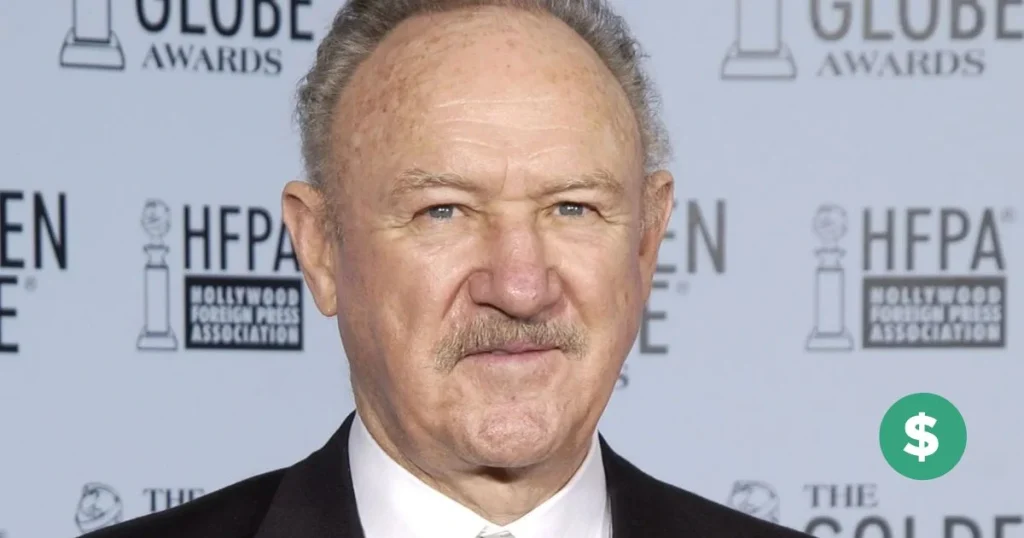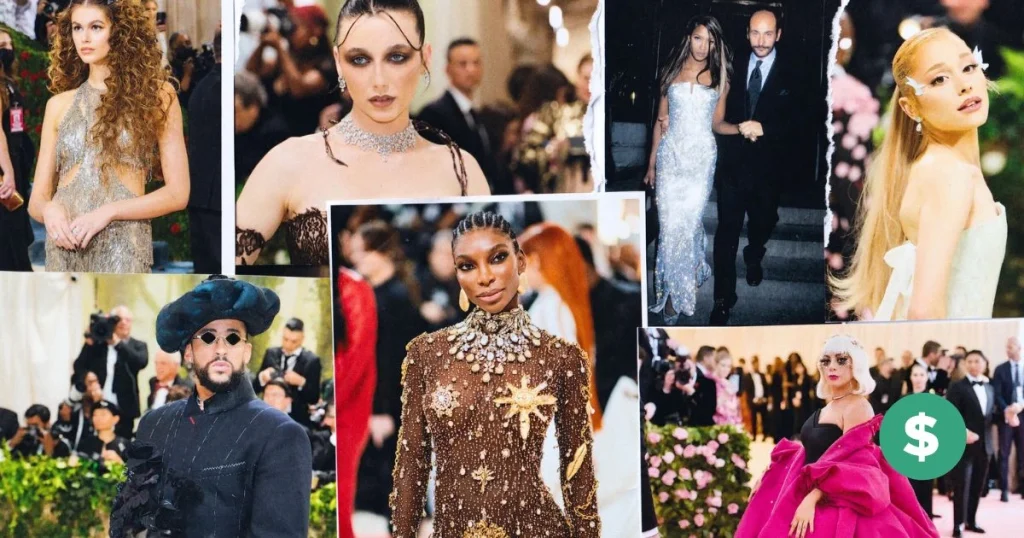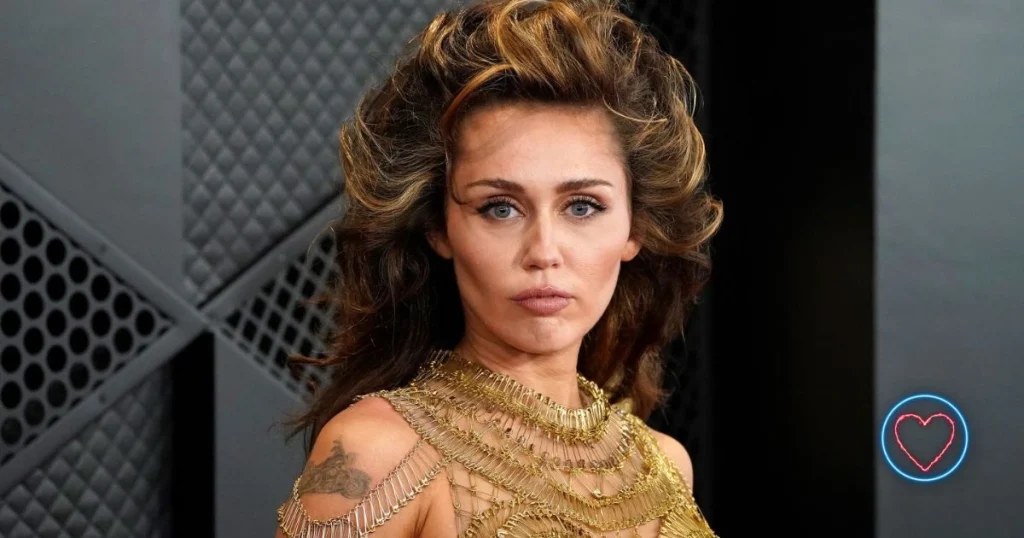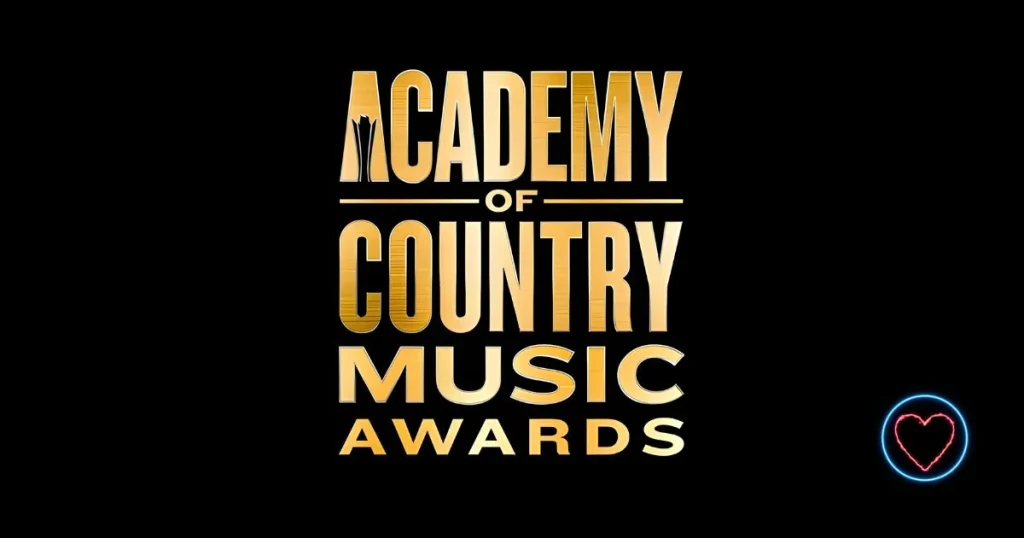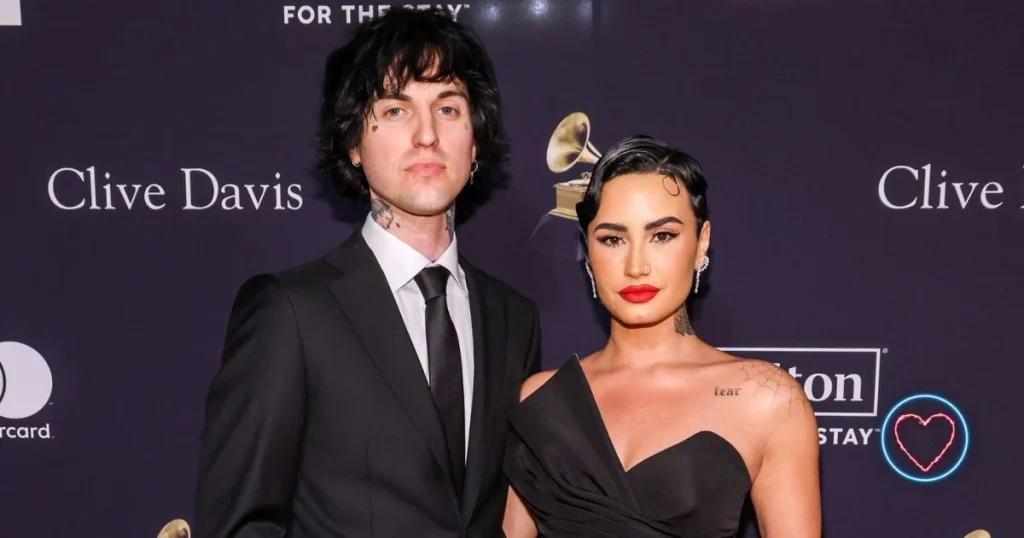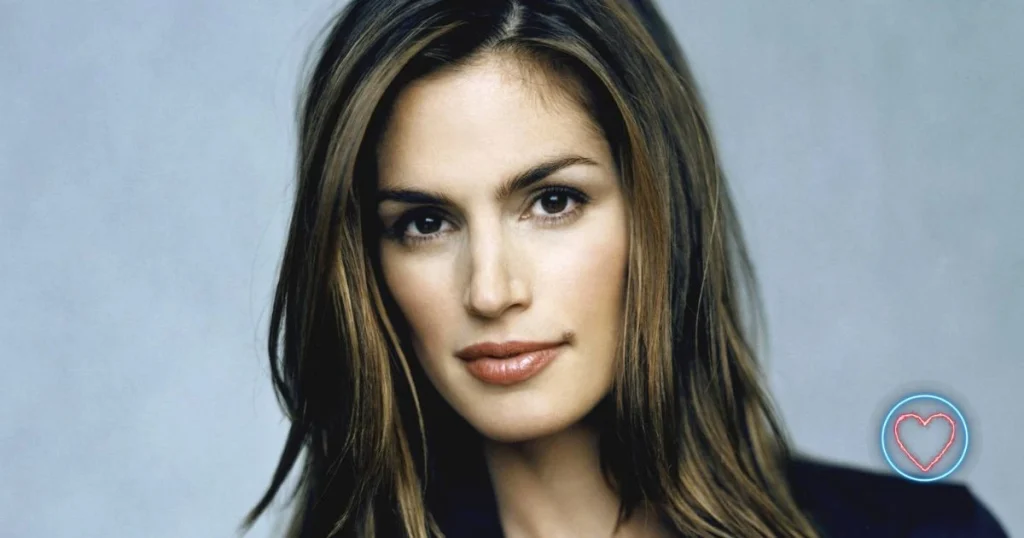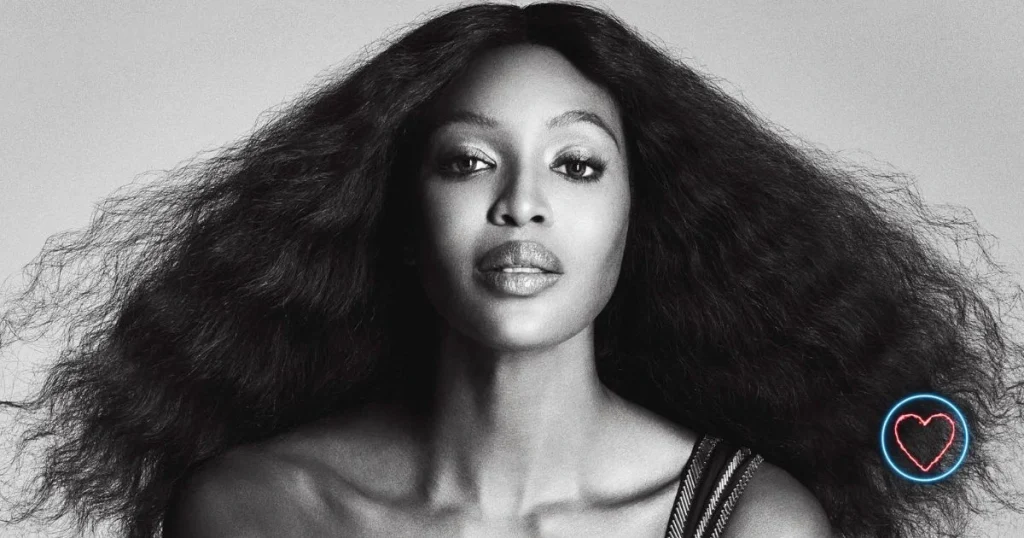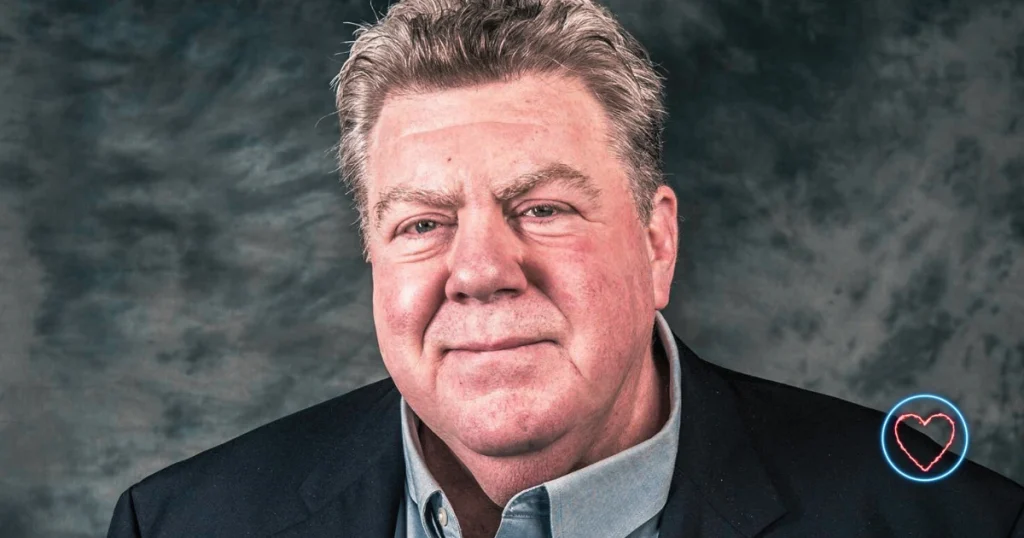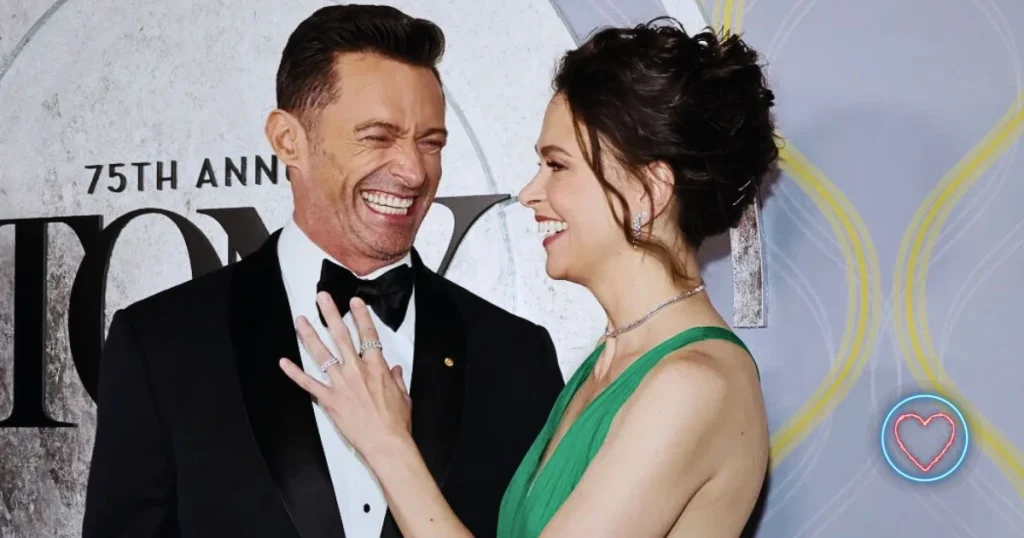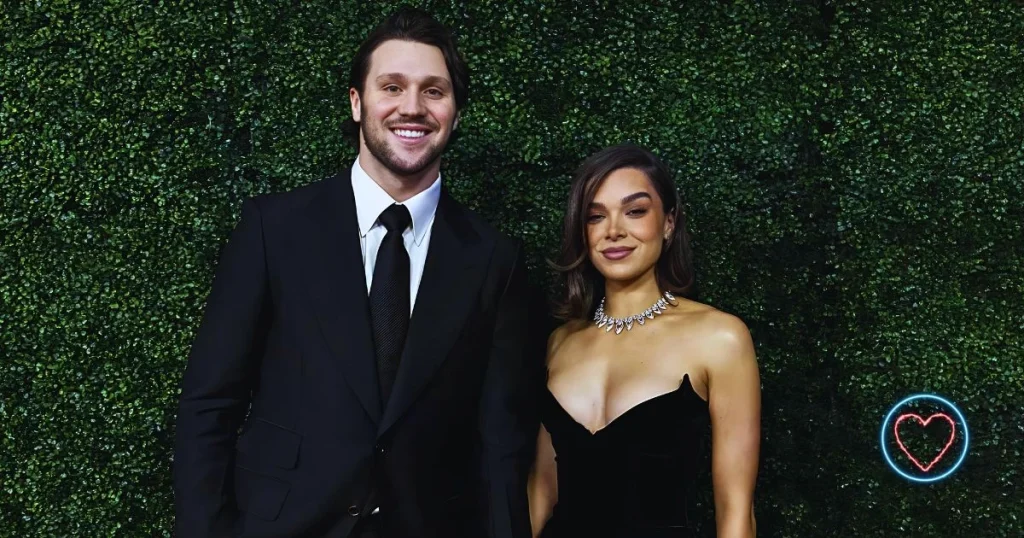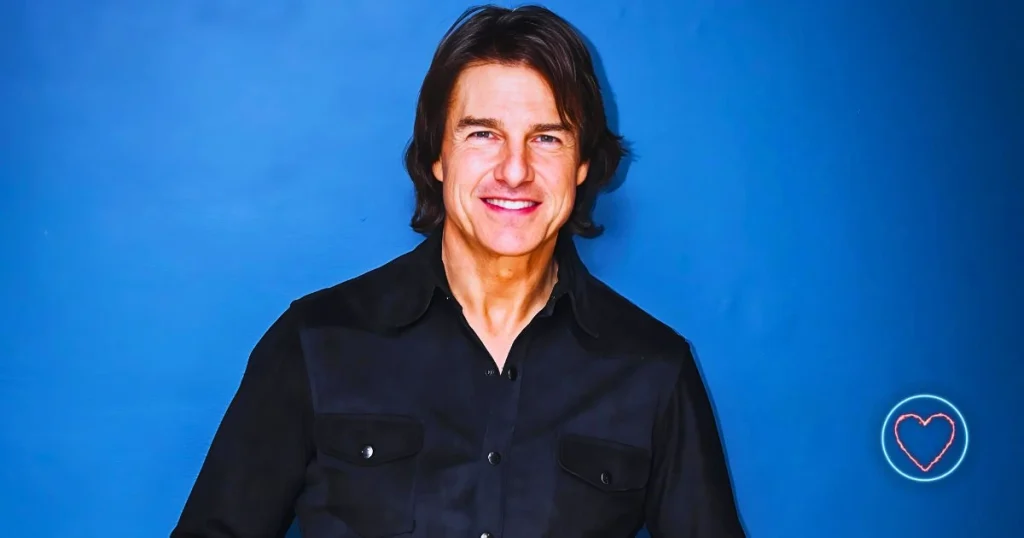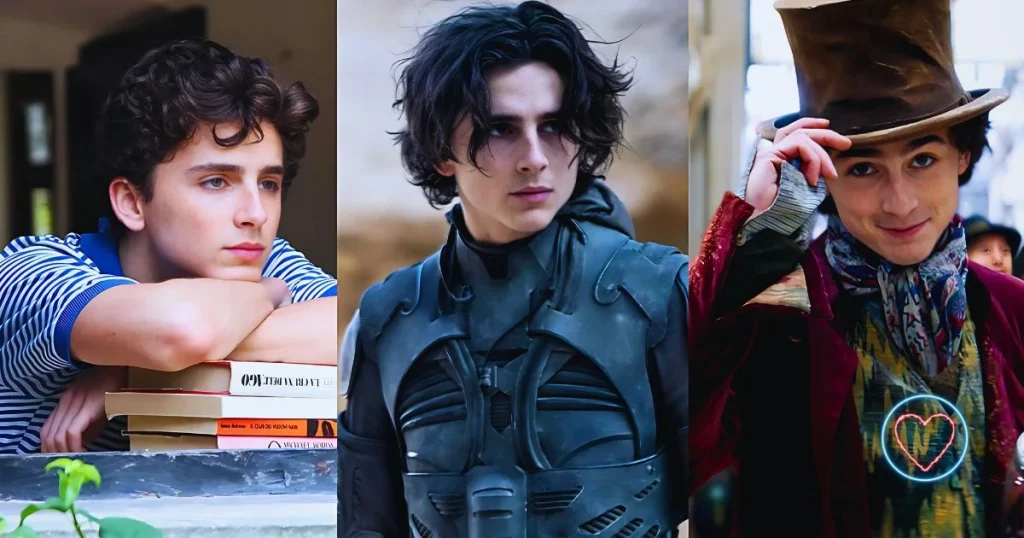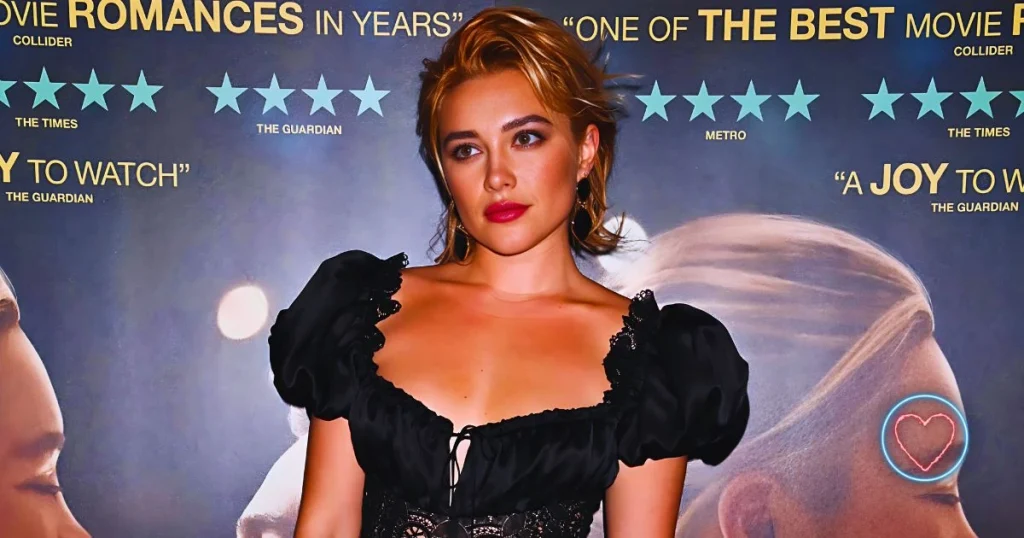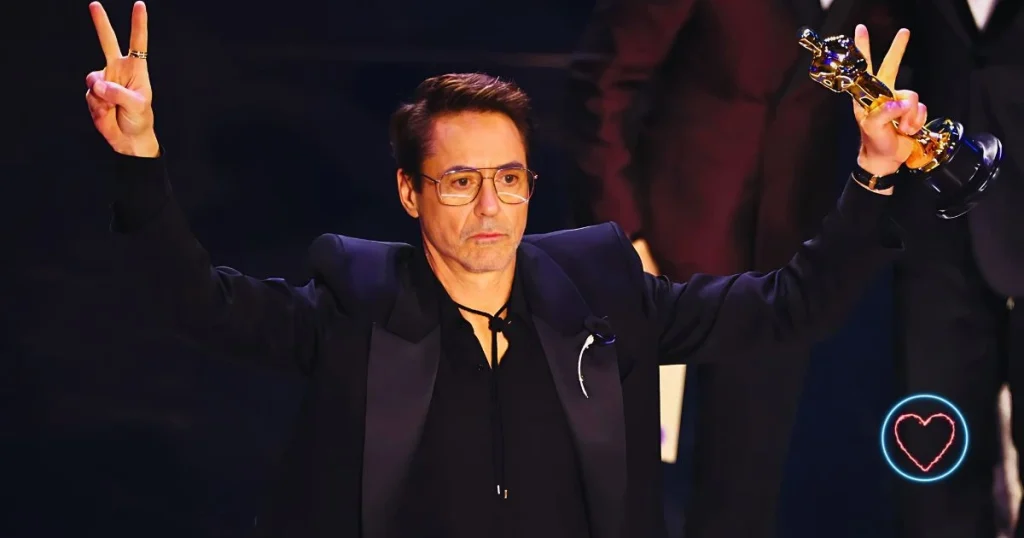In the glittering world of Hollywood, where fame is fleeting and power dynamics shift like sand, one bold statement can ignite a wildfire. Recently, Dakota Johnson, known for her blend of sharp wit and natural charm, made headlines for calling out the entertainment industry’s obsession with remakes and formulaic storytelling. But as her candid words spread across social media and industry circles, a more ominous question started to emerge: Is Dakota Johnson now facing the unspoken wrath of Hollywood’s blacklist culture?
The Viral Moment That Shook Hollywood
During a recent interview promoting The Materialists, Dakota Johnson expressed frustration with Hollywood’s lack of originality, stating, “It’s all just a bit of a mess.” Her tone was casual, but her words cut deep into an industry increasingly criticized for prioritizing profits over creative risk.
Fans praised her honesty, with many agreeing that studios rely too heavily on reboots, sequels, and safe formulas. But behind the scenes, industry insiders reportedly viewed her comments as dangerously bold. While public adoration flooded her social media, whispers within executive suites questioned whether Johnson had crossed an unspoken line.
The Unwritten Rules of Hollywood: Speak Carefully or Pay the Price
Hollywood thrives on perception. Though freedom of speech exists, many actors tread carefully to avoid offending powerful producers, studio heads, and media conglomerates. Speaking against the system can invite subtle forms of retaliation: roles quietly disappearing, opportunities drying up, or being left off the shortlists for major projects.
Historically, stars who voiced criticism too loudly often found themselves suddenly “unavailable” for future work. Directors stop calling. Auditions vanish. Award season invites dry up. The industry rarely labels it directly, but the pattern resembles a slow, deliberate form of professional suffocation—commonly known as blacklisting.
Dakota Johnson’s viral moment has led many to wonder if she’s now at risk of entering that shadowy space.
A Legacy of Speaking Out
Johnson’s candid nature isn’t new. She famously challenged Ellen DeGeneres on The Ellen Show in 2019, pushing back against false narratives about their relationship. That moment cemented her reputation as someone unafraid to speak her truth, even when the cameras are rolling.
But there’s a key difference between challenging talk show hosts and taking aim at the powerful machinery of Hollywood itself. The latter controls casting decisions, financing, and distribution—essential lifelines for any actor’s career.
While Johnson’s bravery is commendable, the cost of candor in Hollywood can be steep.
The Power Brokers Who Run the Industry
To understand the risk Dakota Johnson faces, one must recognize who holds the real power in Hollywood. Mega-studios like Disney, Warner Bros., Universal, and Netflix dominate the landscape. Their executives wield enormous influence over casting, budgets, and greenlighting new projects.
When an actor publicly criticizes the industry’s structure, they may unintentionally provoke these unseen decision-makers. While no single comment automatically ends a career, accumulating a reputation as “difficult” or “non-compliant” can be professionally fatal.
Dakota’s criticism, while popular among fans, challenges the very business model these corporations rely on. Fewer remakes and more original scripts may excite audiences, but they represent financial uncertainty for risk-averse executives.
Subtle Signs of Retaliation
Since her comments, industry watchers have begun analyzing Johnson’s career trajectory for signs of fallout:
- Upcoming Roles: So far, Dakota remains attached to several projects, including indie films and streaming platform originals. However, there’s been a noticeable absence of new major studio announcements.
- Studio Silence: None of the major studios issued public support or statements defending her right to critique, an omission some view as telling.
- Media Shifts: Some entertainment outlets have subtly shifted their tone, questioning her box office draw or revisiting past film flops—a common tactic used to undermine actors who fall out of favor.
While these signs alone don’t confirm blacklisting, they reflect a chilling pattern often seen when stars challenge the status quo.
Lessons from Hollywood’s Blacklist History
Blacklisting isn’t a new phenomenon in Hollywood. During the 1940s and 1950s, the infamous McCarthy-era blacklist saw actors, writers, and directors barred from work due to alleged political affiliations. Though today’s blacklist operates more covertly, its existence remains an open secret.
Modern blacklisting tends to be informal, quiet, and deniable. It may involve being excluded from auditions, losing lucrative endorsements, or being bypassed for prestigious projects. Importantly, these actions rarely come with official explanations, allowing studios to avoid legal repercussions.
Actors like Brendan Fraser, Mira Sorvino, and Ashley Judd have spoken openly about how powerful forces marginalized their careers after they challenged industry norms or individuals in power. Could Dakota Johnson be walking a similar path?
The Industry Is Changing—Slowly
There’s reason for cautious optimism. In recent years, social media has given celebrities more direct access to fans, reducing their dependence on traditional media gatekeepers. Stars like Jennifer Lawrence, Florence Pugh, and Sydney Sweeney have used online platforms to control their narratives and maintain public support even amid controversy.
Dakota Johnson’s sizable fan base and respected lineage (being the daughter of Don Johnson and Melanie Griffith, and granddaughter of Tippi Hedren) offer her a degree of insulation that others might lack. Moreover, the current cultural climate increasingly values authenticity, transparency, and whistleblowing.
However, the risk remains. Public support may not always be enough to counteract the silent hands pulling Hollywood’s strings behind the scenes.
A New Form of Industry Warfare?
What Dakota Johnson may be facing isn’t an old-school blacklist but rather a modernized version of industry warfare:
- Strategic Isolation: She could find herself isolated from major franchises while being offered only smaller, less lucrative projects.
- Contractual Punishments: Studios may tie her into restrictive contracts that limit her creative freedom.
- Narrative Control: Tabloid stories may emerge to subtly erode her credibility, painting her as “difficult” or “unreliable.”
These tactics aim to suppress dissent without creating public scandal, allowing the system to maintain its polished, progressive image.
The Personal Cost of Outspokenness
Beyond career concerns, speaking out carries emotional and psychological costs. Insiders have described the loneliness that often follows when allies distance themselves for fear of guilt by association. For Dakota, who has built her career on a combination of talent, vulnerability, and charisma, this form of subtle exile could be especially painful.
Yet her authenticity remains her greatest weapon. By continuing to connect directly with audiences, she can bypass many traditional barriers and perhaps even reshape the conversation around Hollywood’s broken creative engine.
Hollywood’s Crossroads: Reform or Retaliation?
Dakota Johnson’s viral criticism touches a nerve at the heart of Hollywood’s ongoing identity crisis. Audiences are increasingly fatigued by endless reboots and formulaic blockbusters. Many crave the originality, risk-taking, and emotional depth that Johnson advocates.
The question is whether industry leaders will see her comments as an opportunity for introspection—or as an unforgivable act of rebellion.
If they choose retaliation, they risk alienating not just Johnson but also the millions who support her message. If they embrace reform, Dakota Johnson could emerge not as a casualty but as a pioneer in Hollywood’s evolution.
The Verdict: Is Dakota Johnson on a Blacklist?
At this moment, the answer remains unclear. The wheels of Hollywood turn slowly, and the true consequences of her criticism may take years to fully emerge. What is certain, however, is that Dakota Johnson has taken a courageous stand—one that challenges the very foundations of a risk-averse, profit-driven industry.
Whether she becomes a cautionary tale or a trailblazer will depend not only on the studios’ response but also on the sustained support of her fans, fellow creatives, and the evolving media landscape.
In the end, Dakota Johnson’s story may serve as a mirror for Hollywood itself: a reflection of its worst tendencies and its best potential. And as audiences watch this real-life drama unfold, one thing is certain—the world will be watching.

